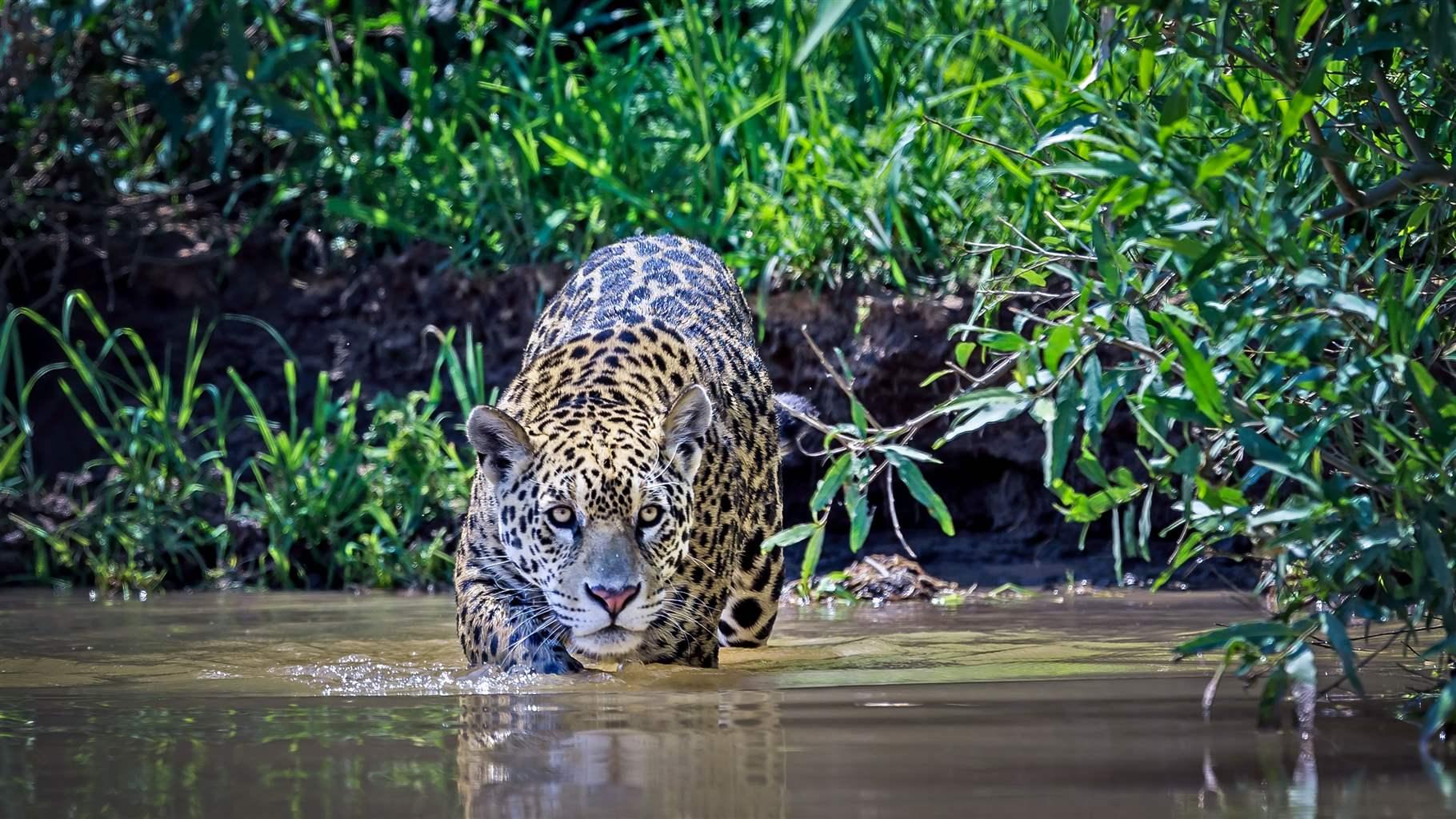Understanding the Impact of Tourism on Pantanal Jaguars
The Pantanal, a vast tropical wetland in Brazil, is home to a significant population of jaguars, the largest big cat in the Americas. With the increasing popularity of wildlife tourism in the region, the impact on Pantanal jaguars and their habitat has become a topic of concern and debate.
The Delicate Balance of Conservation and Tourism
While tourism can raise awareness about the importance of protecting jaguars and their ecosystem, it also poses significant challenges. Increased human presence can lead to habitat destruction, disturbance to wildlife, and alteration of the jaguars’ natural behavior patterns.
Conservation Strategies and Sustainable Practices
Conservation organizations and tour operators are implementing measures to mitigate the negative effects of tourism on Pantanal jaguars. Sustainable tourism practices, such as limited visitor numbers, controlled viewing distances, and education on wildlife protection, are crucial for ensuring the long-term survival of these majestic big cats.
Ensuring a Bright Future for Pantanal Jaguars
As the Pantanal continues to attract nature enthusiasts and wildlife lovers, it is essential to strike a balance between promoting tourism and safeguarding the well-being of jaguars. By adopting responsible tourism practices and supporting conservation efforts, we can help safeguard the future of Pantanal jaguars and their unique ecosystem.
Proposed Guidelines for Eco-Friendly Jaguar Tourism
Eco-friendly jaguar tourism is crucial for preserving the delicate balance of ecosystems while offering a sustainable way to appreciate these magnificent animals in their natural habitat. As the allure of jaguar tours increases, it becomes imperative to establish guidelines that prioritize the well-being of jaguars and their habitats.
One key guideline should emphasize the importance of respecting jaguars’ natural behavior by maintaining a safe distance to avoid disturbance. Encouraging responsible viewing practices, such as quiet observation from designated areas, can help minimize stress on these elusive creatures.
Furthermore, it is essential to collaborate with local conservation experts and indigenous communities to ensure that jaguar tourism activities align with conservation efforts. By supporting community-led initiatives and promoting education about jaguars and their significance in the ecosystem, tourism can actively contribute to conservation.
Implementing strict regulations on the number of tourists per excursion and establishing restricted zones within jaguar habitats are pivotal steps to prevent overcrowding and habitat degradation. Sustainable tourism practices, including waste management and eco-friendly accommodation options, are also vital for minimizing the environmental impact of jaguar tourism.
By adhering to these proposed guidelines, eco-friendly jaguar tourism can evolve into a sustainable and ethical industry that not only safeguards jaguars but also enriches the lives of local communities and visitors alike. Embracing responsible tourism practices is fundamental in ensuring the long-term conservation of jaguars and their habitats.
The Importance of Jaguars in Pantanal’s Biodiversity
Exploring the significant role that jaguars play in the biodiversity of the Pantanal unveils a captivating ecological tale. As apex predators, jaguars help maintain a delicate balance within the diverse ecosystem of Pantanal, impacting the population dynamics of various species.
Conserving a Keystone Species
Jaguars are regarded as a keystone species, crucial for upholding the structure of the Pantanal’s food web. Their presence regulates prey populations, preventing overgrazing and preserving vegetation that in turn supports a myriad of other organisms.
Preserving Ecosystem Health
By preying on herbivores, jaguars indirectly contribute to preserving the mosaic of habitats in Pantanal. This ensures the survival of flora and fauna, including endangered species, and safeguards the overall health and resilience of the ecosystem against disturbances.
Ecotourism and Conservation
Ecotourism centered around jaguar sightings serves as a sustainable means to raise awareness and funds for conservation efforts. Responsible tourism not only provides economic benefits to local communities but also incentivizes the protection of jaguar habitats and the broader Pantanal environment.
Collaborative Efforts to Ensure Sustainable Tour Operations
Breaking Down the Headlines
Amid growing concerns about the environmental impact of tourism, collaborative efforts are underway to ensure sustainable tour operations. Industry players, governments, and local communities are coming together to address issues such as carbon emissions, waste management, and cultural preservation.
The Bigger Picture
Creating sustainable tour operations is crucial for the long-term viability of the tourism industry. By implementing eco-friendly practices and promoting community involvement, stakeholders can preserve natural resources, protect cultural heritage, and enhance the overall travel experience.
What This Means Going Forward
Looking ahead, the focus on sustainable tour operations is likely to intensify. Expect to see more regulations, certifications, and partnerships aimed at promoting eco-tourism and responsible travel. Tour operators that embrace these initiatives will not only attract environmentally conscious travelers but also contribute to the preservation of destinations for future generations.
